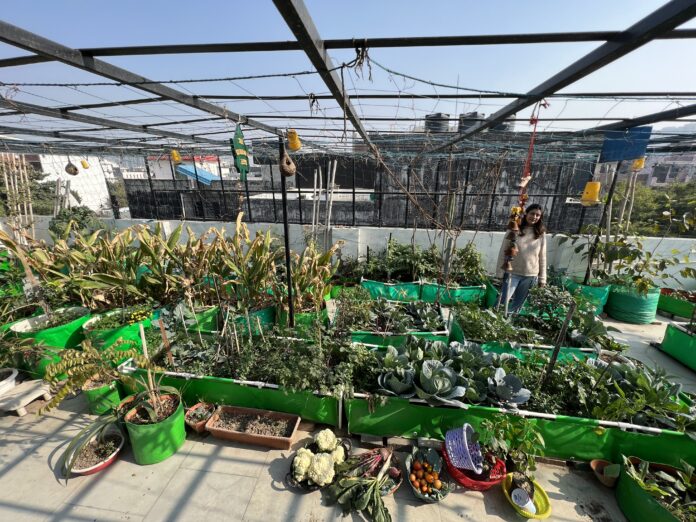The practice of organic farming is a very sustainable and widely adopted agricultural practice in the present time specifically that prioritizes aspects like biodiversity, environmental health, and animal welfare. It likely eliminates the usage of various synthetic pesticides, fertilizers, & genetically modified organisms (GMOs), that focuses instead on various natural processes in order to cultivate crops &, in the long run, raise livestock. As more and more people become conscious of the food they consume, the demand for organic farming practices has likely increased. Let us explore the core principles of organic farming as well as the benefits it offers in this blog. Read on to know more.
Principles of Organic Farming
The practice of organic farming likely operates on four key principles that guide its particulr practices:
- Health – Organic farming seeks to maintain as well as improve the overall health of the soil, animals, plants, & humans. By adopting the usage of various natural fertilizers like compost & manure, a lot of farmers ensure that the food produced is free of different harmful chemicals, contributing to the overall well-being.
- Ecology – This particular principle focuses on striking a perfect balance within the environment. The practice of Organic farming encourages practices that support biodiversity, like as crop rotation, companion planting, & the usage of natural predators to control a lot of pests. These methods aim to preserve the fertility of soil & likely promote a balanced ecosystem.
- Fairness – The process of organic farming likely emphasizes fairness in the ways by which land, resources, & labor are being used. This particular principle advocates for right & equitable trade practices as well as the fair treatment of workers, animals, and consumers.
- Care – The last but not the least principle strongly emphasizes the responsibility to manage the overall environment sustainably for the generations to come. Organic farmers likely prioritize long-term sustainability over the short-term profits, using practices that likely minimize harm to the planet.
Major Benefits of Organic Farming
Organic farming offers a host of benefits for the environment, human health, as well as the economy:
- Massive Environmental Protection – By considerably eliminating the usage of various synthetic chemicals, the holistic method of organic farming reduces soil & water pollution. It also likely helps conserve a lot of water & reduces the amount of greenhouse gas emissions, contributing to the climate change mitigation.
- Improved Health of Soil – The process of organic farming improves the fertility of the soil through different natural means, enhancing its overall ability to retain nutrients as well as water. This leads to the growth of healthier crops & builds more resilient ecosystems.
- Healthier Food – Organic produce is free of harmful pesticides as well as GMOs, making the same safer for consumption. Studies show that organic food often contains higher levels of vitamins, minerals, as well as the much-needed antioxidants.
- Sustainable Farming – Organic farming is indeed a long-term solution to sustaining agriculture, reducing the overall dependence on various chemical inputs as well ad promoting biodiversity.
In conclusion, the principles of organic farming in regards to health, ecology, fairness, & care make it a much sustainable as well as beneficial approach to agriculture. It not only considerably improves the overall environment but also, at the same time, promotes healthier food production & ensures the well-being of future generations.



